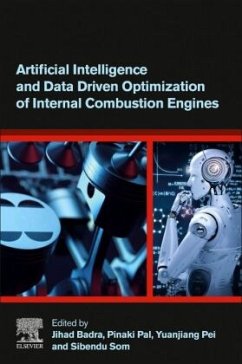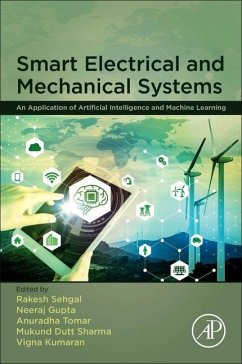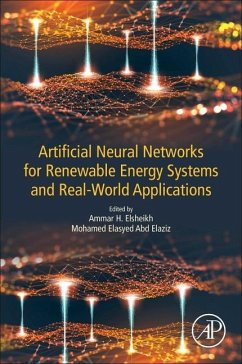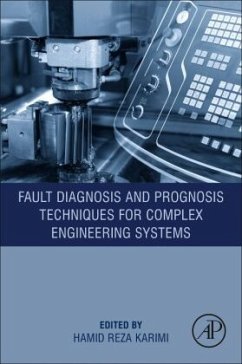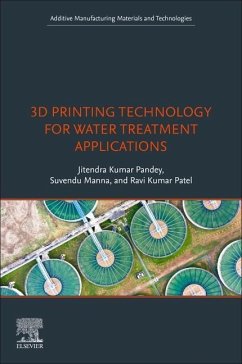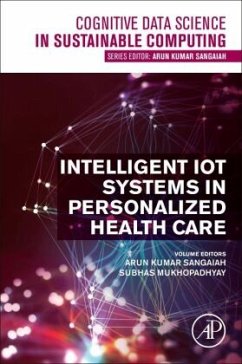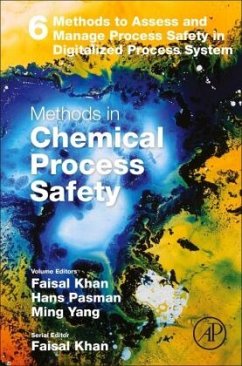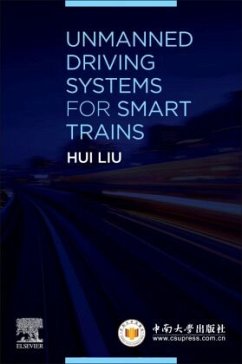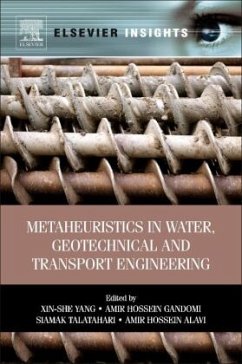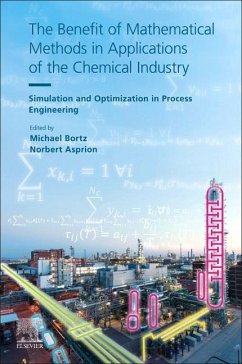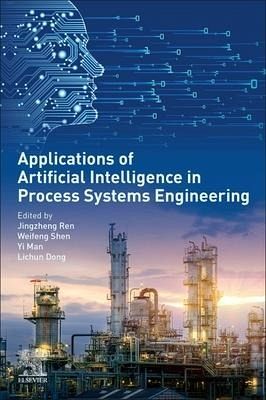
Applications of Artificial Intelligence in Process Systems Engineering

PAYBACK Punkte
55 °P sammeln!
Applications of Artificial Intelligence in Process Systems Engineering offers a broad perspective on the issues related to artificial intelligence technologies and their applications in chemical and process engineering. The book comprehensively introduces the methodology and applications of AI technologies in process systems engineering, making it an indispensable reference for researchers and students. As chemical processes and systems are usually non-linear and complex, thus making it challenging to apply AI methods and technologies, this book is an ideal resource on emerging areas such as c...
Applications of Artificial Intelligence in Process Systems Engineering offers a broad perspective on the issues related to artificial intelligence technologies and their applications in chemical and process engineering. The book comprehensively introduces the methodology and applications of AI technologies in process systems engineering, making it an indispensable reference for researchers and students. As chemical processes and systems are usually non-linear and complex, thus making it challenging to apply AI methods and technologies, this book is an ideal resource on emerging areas such as cloud computing, big data, the industrial Internet of Things and deep learning.
With process systems engineering's potential to become one of the driving forces for the development of AI technologies, this book covers all the right bases.
With process systems engineering's potential to become one of the driving forces for the development of AI technologies, this book covers all the right bases.





